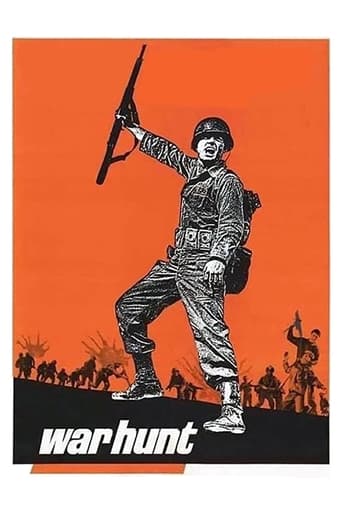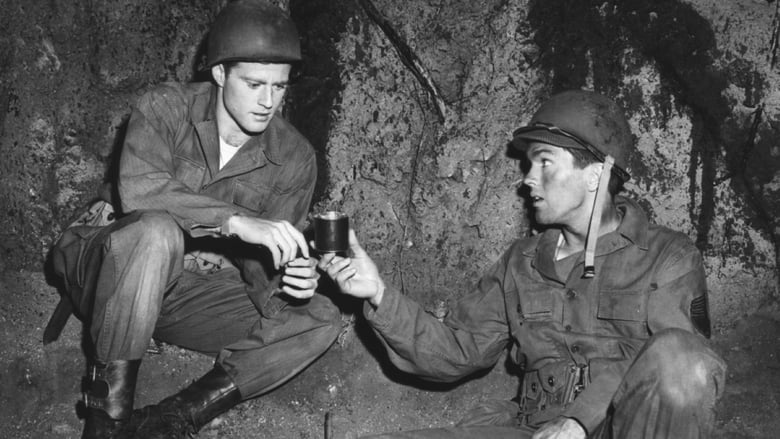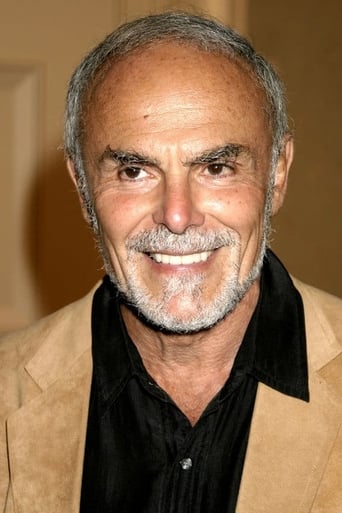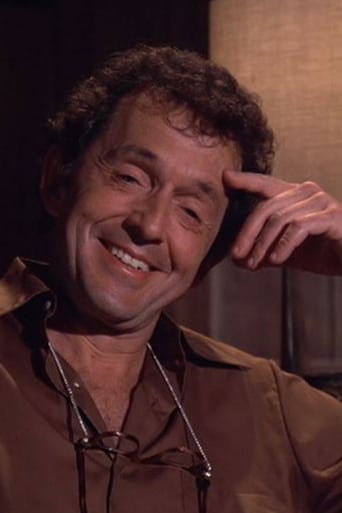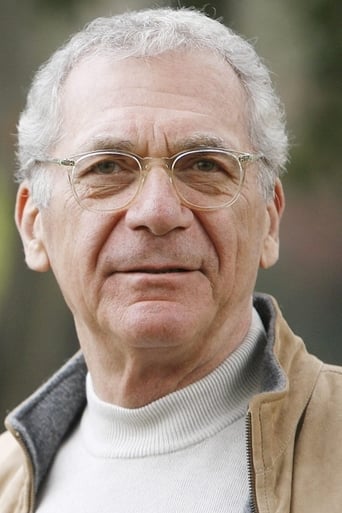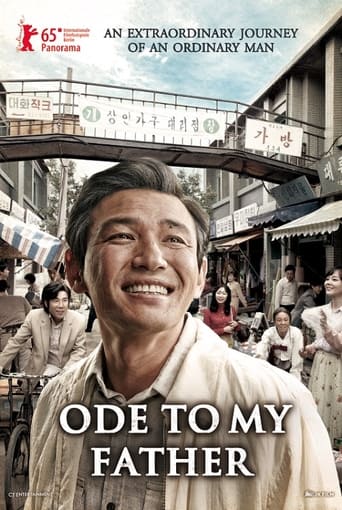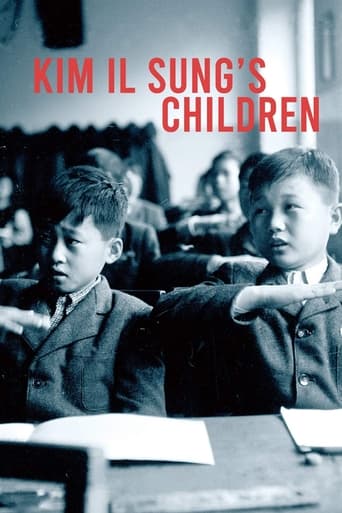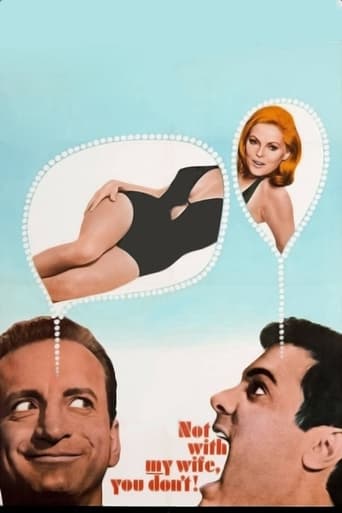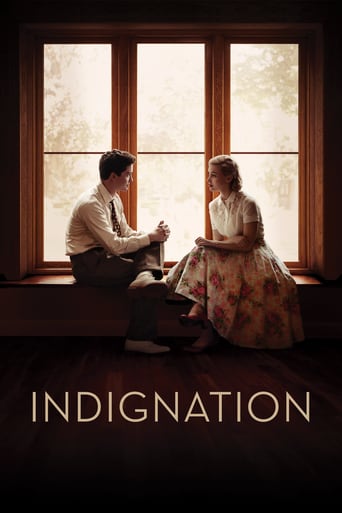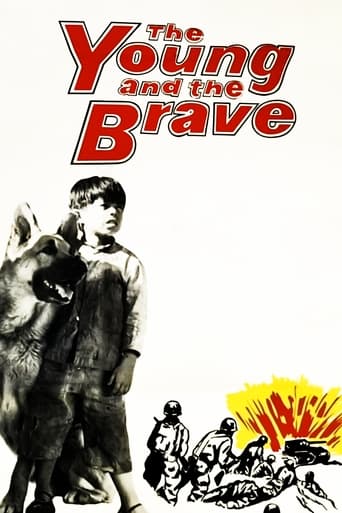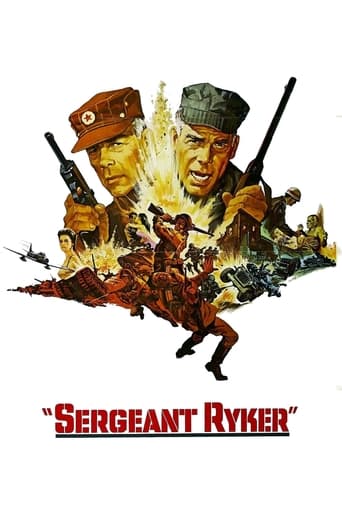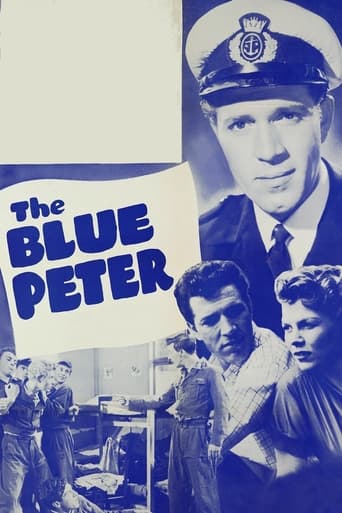War Hunt (1962)
Dispatched to the front lines during the Korean War, an idealistic American soldier discovers the horrors of combat and comes at odds with a psychopathic member of his platoon.
Watch Trailer
Cast


Similar titles
Reviews
best movie i've ever seen.
This is a must-see and one of the best documentaries - and films - of this year.
An old-fashioned movie made with new-fashioned finesse.
The film never slows down or bores, plunging from one harrowing sequence to the next.
"War Hunt" is a fictional war movie set in May 1953 -- the last days of the Korean War. It wasn't called war then, but a "police action" or conflict. This is a strange film that combines some sorrows and other aspects of war with a wildly bizarre element. It makes for a weird concoction. At best, it's an anti-war flick, but that's not even clear. A newly trained "green" GI arrives in a combat unit. His natural fear leads to panic and he freezes. If he hadn't been knocked out, he probably wouldn't have lived. When he comes to, he kills an enemy with his bare hands. We see orphaned children but nothing that speaks of poverty, contrary to the dialog. There is a tension of uncertainty that was unique to the Korean War. Endless cease-fire negotiations (that lasted two years) were interrupted by on-again, off-again combat skirmishes. This was all after the major conflict and combat of the Korean War was over. Then, there's a crazy character who sneaks off by himself at night to kill enemy soldiers. His company commander and battalion tolerate this because the guy scouts enemy positions and brings back information. To top it off, the night killer has a North Korean orphan under his wing. The boy, Charlie, "belongs" to him alone. He has promised the boy that when the war ends, they will go off together and build a house in the mountains of Korea. Conflict arises between the green recruit and the night killer over the kid. "War Hunt" has a cast of actors who were to become prominent in Hollywood. It's the film debut of Tom Skerritt and Sydney Pollack, and the first credited role for Robert Redford on the silver screen. Redford had made 20 appearances in 1960 and 1961 – most in TV series and one uncredited bit in a movie. Two other actors had good starts in Hollywood and would become better known in the future – Gavin MacLeod and Charles Aidman. But the top billing in this film went to John Saxon – the only bona fide star at the time. The credits list Redford last, "and introducing ."Saxon plays the night killer, Pvt. Raymond Endore. He's OK in the role but mostly in a silent, emotionless and even sulking persona. Redford is the green recruit, Pvt. Roy Loomis. Skerritt plays Sgt. Stan Showalter. Pollock plays Master Sgt. Owen Van Horn. MacLeod is Pvt. Crotty and Aidman is the company commander, Capt. Wallace Pratt. The acting isn't very special by anyone, and the music was terrible. The plot is weird, and the script doesn't fit what we see at times. For instance, Redford's Loomis in the opening is riding to the front lines and in voice over he says, "You see a lot of poverty, kids starving." But the scenes of kids along a river and the road look nothing like poverty. They are just kids waving and asking for gum, chocolate, etc., which we see in most war movies when American GIs are present. Much more about this film seems hokey or contrived. Loomis stops Charlie who tries to knife another boy through a wire fence. It's the only place we see a fence in the whole film. Then, a mother who takes the other boy under wing says to Loomis, "GI, welcome to Korea. I hope you don't die." Toward the end, when the cease-fire is announced to be effective that night at 2200 hours (10 p.m.), one of the GIs losses all sense about war and walks away jumping and waving his hands. He's an easy target for the North Korean sniper who has been bugging them for days. This is a far-out script, indeed, and just not very realistic or well-acted. The ending is equally weird. Perhaps this was intended as an ant-war film. The most real thing about it probably is the fact that most GIs (from most countries) didn't want to be in Korea. The film might have done more to clarify why the Korean War was fought, and the United Nations role in ordering the military intervention of 20 nations (including the U.S.) to stop the North Korean assault on South Korea. Since the cease-fire of July 27, 1953, the Korean War has never been settled. Well into the 21st century, hostility still exists between North and South Korea. The line between them is called the Demilitarized Zone (DMZ), where armed forces on either side are ready in a face off with uneasy tension. I visited South Korea in 1976 and went to the DMZ where the cease-fire was signed. A line drawn on the grounds and the walls and floor of the building separates the North from the South. The South doesn't trust the North, and the North shows contempt and disdain for the South. That was evident in the belligerence of North Korean soldiers toward people from the West who visit the DMZ at Panmunjom. As the world watches while North Korea tests nuclear weapons and threatens war well into the 21st century, peace-loving people everywhere might ponder the words of Gen. Douglas MacArthur. In 1951, he addressed the U.S. Congress after he had been relieved of command in Korea. He said, "But once war has been forced upon us, there is no other alternative than to apply every available means to bring it to a swift end. War's very objective is victory, not prolonged indecision. In war, there can be no substitute for victory. For history teaches us, with unmistakable emphasis, that appeasement but begets new and bloodier war. Like blackmail, it lays the basis for new and increasingly greater demands until, as in blackmail, violence becomes the only alternative."
Other comments made here about the film are accurate enough. A few words about John Saxon's character though......The question was asked how he ever made it through boot camp... being unable to "comprehend authority, let alone obey it..." The answer is that most serial killers do not spring forth fully developed. ...Whatever his background, (almost certainly a loner) he was an easy target for the draft if he had not enlisted. Most discipline problems show up as individual ones, and not with someone in ranks... Not all nut jobs are weeded out in boot camp (I have served in the Marine Corps and elsewhere and have seen such... though certainly not on his scale) He probably completed his training with all of the inspiration of a man on an escalator......Whatever his demons... they could suddenly spring out on his first solo patrols... like an airbag in an accident, and just as impossible to put back... ...He was permitted to set up not only his own rules, but his own world... The military establishment existed in his mind only to support that world... His sole loyalty to command was to the company commander who both supported him and gave him fatherly approval... ...He chose not to take R&R. His company commander could not afford to be without his services... and if not fearing mayhem during such a leave, at a minimum feared that his most valuable man would get into enough trouble to vanish into the military justice system... ...Historian T.R. Fehrenbach in his work THIS KIND OF WAR: Korea-A study in unpreparedness, tells the story of "Gypsy" Martin... While not a serial killer, he submerged his whole identity into the war... headscarf and all. Martin was different from most soldiers... utterly useless for anything but combat. He had the good fortune to be killed in action before the fighting ended... F.J.
TCM included War Hunt in their Memorial Day festival (maybe a little inappropriate for a tribute to our servicemen?). I found the subject, as a screen play, intriguing, but not the delivery. To me, it would have been better to read, hear it as a reading, or see it in community theater.The movie resembled an episode of "Combat!", for props and scenery, film quality, and acting. And frankly, the "before they were famous" actors shown here had a reason for their anonymity, they still lacked confidence and training and delivered what was at best a TV movie quality product, in my opinion.Contrast this to the realistic acting and tight cutting in "Hell is for Heroes". Again, to me a great concept, a good screenplay, but "movie of the week" product.
The 'psychotic' hero is an essay captured in two fine War films: Donald Siegal's "Hell Is For Heroes" the story of a sergeant who for being psychotic embarked on suicidal heroic missions, and our distinguished film "War Hunt."The picture is clearly stated and openly defined... Pvt. Raymond Endore (John Saxon) goes out at night on 'solitary' patrols... The information he brings back is very useful for Capt. Wallace Pratt (Charles Aidman) whose posture toward Endore is 'paternal' gratification...But the strong reason to his voluntary patrol is to murder... He is a ritual killer practicing a formal act with his knife, and after finishing with his victim, he stands behind the body in mystical meditation...Even after the cease-fire on the Korean front, Endore extends his night patrols... This 'psycho' mind is already sick, and there is nothing to be done to narrow his actions...With just one major battle scene, "War Hunt" is absolutely a penetrating study of War drama, focusing on its traumatic effects: The 'fighting' soldier and the 'non-fighting' man..."War Hunt" is ingenious, deeply stimulating, and cautiously photographed... The extraordinary hand-to-hand fight, between Redford and the Chinese soldier, proves it...John Saxon is terrific as the tormentor and Robert Redford (in his film's debut) is excellent as the idealistic Pvt. Roy Loomis...

